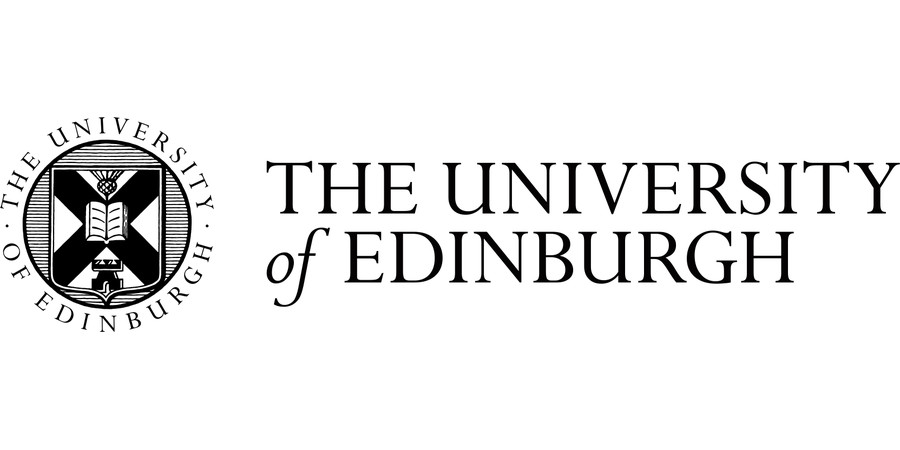PhD Studentship in Quantum Verification and Benchmarking
The University of Edinburgh
| Qualification Type: | PhD |
|---|---|
| Location: | Edinburgh |
| Funding for: | UK Students |
| Funding amount: | Please refer to advert for funding details. |
| Hours: | Full Time |
| Placed On: | 24th June 2025 |
|---|---|
| Closes: | 30th July 2025 |
Deadline: 30 June 2025
A fully funded 3.5 year PhD position is available to work on the project titled “Scalable benchmarking for digital quantum computers based on blind testing”. This position is a collaborative studentship between the University of Edinburgh and the National Physics Laboratory (https://www.npl.co.uk/). The position will be registered and hosted at the University of Edinburgh and will be jointly supervised by:
- Dr Dominik Leichtle, School of Informatics, University of Edinburgh
- Dr Elham Kashefi, School of Informatics, University of Edinburgh
- Dr Ivan Rungger, National Physics Laboratory (NPL), Teddington
- Abhishek Agarwal, National Physics Laboratory (NPL), Teddington
This position is funded by the QCi3 Hub. Thus, there will be a requirement to attend periodic project meetings.
Project Background
This project directly supports QCI3's vision of integrated and interconnected implementations by developing essential benchmarking tools that bridge across all three themes of the Hub. Our approach enhances T2 (Interconnected QC systems) through verification methods for connected networks, supports T1 (Integrated quantum demonstrators) via hardware-agnostic metrics, and enables T3 (Applications) through reliable quantum advantage assessment.
Project Description
The project addresses the critical need for reliable, scalable verification and benchmarking schemes in quantum computing.
Current challenges in quantum technology adoption stem from the lack of standardized benchmarking methods and the inherent difficulty in validating quantum devices beyond classical simulation capabilities. Recent breakthroughs by the supervisory team include verification of bounded-error quantum polynomial time (BQP) computations on noisy devices (Leichtle et al., PRX Quantum 2021) and heuristic-free verification-inspired benchmarking (Frank et al., arXiv:2024) using blind testing approaches.
The student will develop verification-based benchmarking approaches for digital quantum computers with realistic noise models, leading to metrics devoid of assumptions about noise impacts (e.g., cross-talk or non-Markovian noise in gate fidelities).
As shown by the supervisory team, non-Markovian noise can be a dominant source of errors (Agarwal et al., Quant. Sci. Technol. 2024), so that for any verification approach to be useful it needs to go beyond widely employed Markovianity assumptions. This work, directly aligning with NQTP Missions 1 and 2 and NQCC Testbed programme, will tailor the developed benchmarking approaches to error-corrected as well as distributed quantum computers, addressing the need for scalable benchmarks for these architectures.
This will also guide hardware design for such devices and tackle crucial challenges in networked systems and entanglement transmission.
Candidate’s profile
- Knowledge of quantum computing and an understanding of challenges of building large-scale systems.
- Programming skills in Python.
- A good Bachelor’s Hons degree (2.1 or above or international equivalent) and/or Master’s degree in a relevant subject (physics, mathematics, engineering, computer science, or related subject)
- Proficiency in English (both oral and written).
- Knowledge in cryptography is desirable.
Studentship and eligibility
The studentship covers:
- Full time PhD tuition fees for a student with a home fee status (£5,006 per annum).
- A tax-free stipend of £20,780 per year.
- A generous support package to fund relevant equipment and travel.
Full studentship details and application: https://informatics.ed.ac.uk/study-with-us/our-degrees/postgraduate-research-and-cdts/postgraduate-research-funding-1
Advert information
Type / Role:
Subject Area(s):
Location(s):









